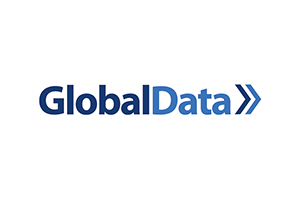
The dyslipidemia market is expected to grow from $11.2bn in 2015 to $29.2bn by 2025 at a compound annual growth rate of 10.1%, according to a report by GlobalData.
Titled ‘PharmaPoint: Dyslipidemia – Global Drug Forecast and Market Analysis to 2025’, the report covers the seven major markets of the US, France, Germany, Italy, Spain, the UK and Japan.

Discover B2B Marketing That Performs
Combine business intelligence and editorial excellence to reach engaged professionals across 36 leading media platforms.
The report attributes the major driving force behind the growth to be the launch of three proprotein convertase subtilisin / kexin type 9 (PCSK9) inhibitors, which include Amgen’s Repatha, Sanofi and Regeneron’s Praluent, and Eli Lilly’s LY3015014.
Launched in 2015, both Repatha and Praluent have demonstrated superior efficacy in lowering LDL-C in Phase III trials.
Cardiovascular outcome trials for these drugs are due this year. Despite slow uptake, sales are expected to increase once positive results from the trials become available.
The Medicine Company’s ALN-PCSsc is another important PCSK9 inhibitor in the market that offers tri-annual or even bi-annual dosing regimen. The drug is slated to achieve blockbuster sales considering the huge number of patients who are eligible for treatment with these biologics and gene-based drugs.

US Tariffs are shifting - will you react or anticipate?
Don’t let policy changes catch you off guard. Stay proactive with real-time data and expert analysis.
By GlobalDataOther factors that will contribute to the growth of the market include the launch of add-on therapies, such as Esperion Therapeutics’ ETC-1002 and Merck and Amgen’s cholesteryl ester transfer protein (CETP) inhibitors. An increase in prevalence of dyslipidemia worldwide is expected to be another factor for the growth.
High prices of the drugs, however, remains a major hindrance between patients who are eligible for treatment and those who actually receive treatment, observes Elizabeth Hamson, PhD, GlobalData’s analyst covering Cardiovascular and Metabolic Disorders.
A number of opportunities are in fact available for more cost-effective therapies that target the unmet needs of the mixed dyslipidemia space and the statin intolerant patient pool, adds Hamson.




